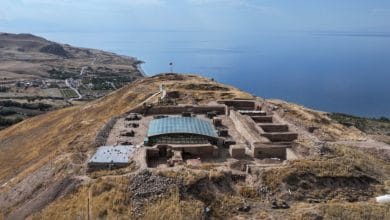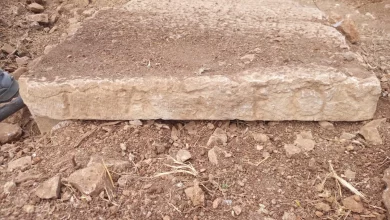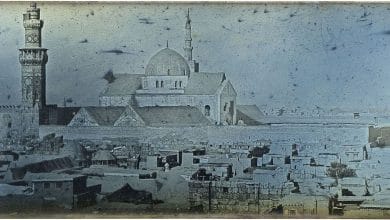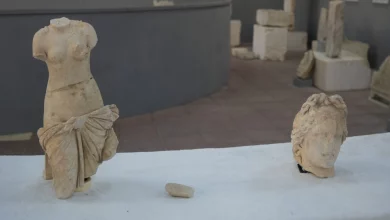The Spiritual Architect of the Conquest of Istanbul: Akşemsettin
The great Islamic scholar Akşemseddin, the teacher of Fatih Sultan Mehmet, is commemorated on the 561st anniversary of his death.
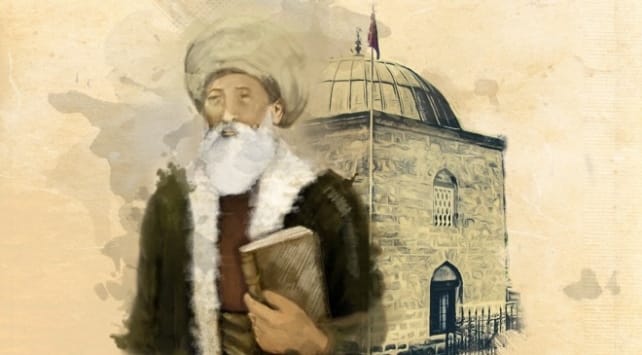
Akşemsettin, known as the “Spiritual Conqueror of Istanbul,” was not only a profound scholar but also a key figure in the Ottoman conquest of Constantinople in 1453. As the mentor of Fatih Sultan Mehmet, Akşemsettin played a vital role in shaping the young sultan’s vision and providing spiritual and moral support during one of the most significant historical events in the Islamic world.
Early Life and Education
Akşemsettin, whose full name was Muhammed Şemseddin bin Hamza, was born in 1390 in Damascus, now part of modern-day Syria. He memorized the Quran at a young age, showcasing his brilliance and devotion. At the age of seven, his family moved to Anatolia, where he began his studies in religious sciences and medicine after the death of his father, Sheikh Sharafettin Hamza.
Akşemsettin’s quest for knowledge led him to become a teacher at the Osmancık Madrasa. His thirst for spiritual enlightenment took him on journeys to Iran, Damascus, and Baghdad. Inspired by the advice of scholars who knew him, he sought out Hacı Bayram Veli, a renowned Sufi saint of the time.
Under Hacı Bayram’s guidance, Akşemsettin mastered the intricacies of Sufism and earned his ijazah (certification to teach). He later settled in Göynük, where he continued his spiritual practices and became a beacon of guidance for many.
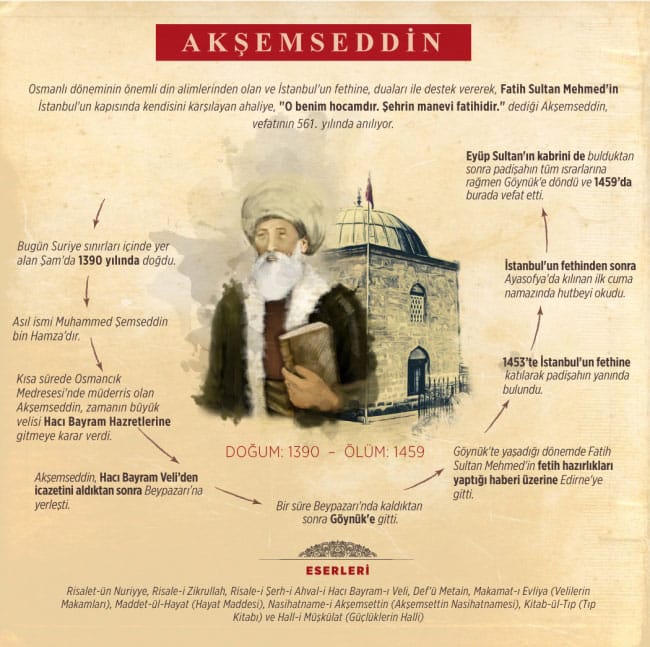
Role in the Conquest of Istanbul
When news of Sultan Mehmed II’s preparations for the conquest of Constantinople reached him, Akşemsettin traveled to Edirne to offer his support. His influence on the young sultan was immense, providing not only spiritual counsel but also the moral strength required to undertake such a monumental task.
Fatih Sultan Mehmet referred to Akşemsettin as “my teacher” and famously declared him the “spiritual conqueror of the city.” Akşemsettin played a crucial role in boosting the morale of the Ottoman army during the siege, reminding them of their faith and divine mission.
After the fall of Constantinople, Akşemsettin led the first Friday prayer in Hagia Sophia, marking a new era in the city’s history. Additionally, he discovered the tomb of Eyyüp Sultan (Abu Ayyub al-Ansari), a companion of Prophet Muhammad (PBUH), in Istanbul. This discovery solidified his status as a revered figure in Ottoman history.
Contributions to Science and Medicine
Akşemsettin was not only a spiritual leader but also a pioneer in science and medicine. His groundbreaking work in microbiology, written in his book Maddetü’l Hayat (The Matter of Life), made him one of the first scholars to describe the existence of microbes, centuries before modern germ theory was established.
His other works, including Kitabu’t-Tıp (The Book of Medicine), demonstrate his expertise in herbal medicine and treatments. Akşemsettin’s contributions bridged the gap between spirituality and science, emphasizing the harmony between faith and reason.
Later Life and Legacy
Despite Sultan Mehmed II’s insistence that he stay in Istanbul, Akşemsettin returned to Göynük, where he spent his final years. He passed away in 1459, and his tomb in Göynük remains a site of reverence.
Akşemsettin’s legacy as a scholar, scientist, and spiritual guide is enduring. He is remembered not only as the mentor of one of the greatest Ottoman sultans but also as a man whose wisdom and knowledge transcended generations.
Works of Akşemsettin
Akşemsettin’s written works span various fields, including spirituality, medicine, and history. Some of his most notable works include:
- Risalet-ün Nuriyye
- Risale-i Zikrullah
- Risale-i Şerh-i Ahval-i Hacı Bayram-ı Veli
- Def’ü Metain
- Makamat-ı Evliya (The States of Saints)
- Maddetü’l Hayat (The Matter of Life)
- Nasihatname-i Akşemseddin (Akşemseddin’s Book of Advice)
- Kitabu’t-Tıp (The Book of Medicine)
- Hall-i Müşkilat (The Solution of Difficulties)
Akşemsettin’s Enduring Impact
Akşemsettin’s life serves as an inspiring example of how faith, knowledge, and wisdom can guide monumental achievements. His influence on Sultan Mehmed II and his contributions to both spiritual and scientific fields cement his place in history as one of the most remarkable figures of the Ottoman Empire.
Learn More About Ottoman History
Watch Mehmed: Sultan of the Conquests in full HD on OsmanOnline.live.
Explore the lives of historical figures like Akşemsettin on OsmanOnline.me.

